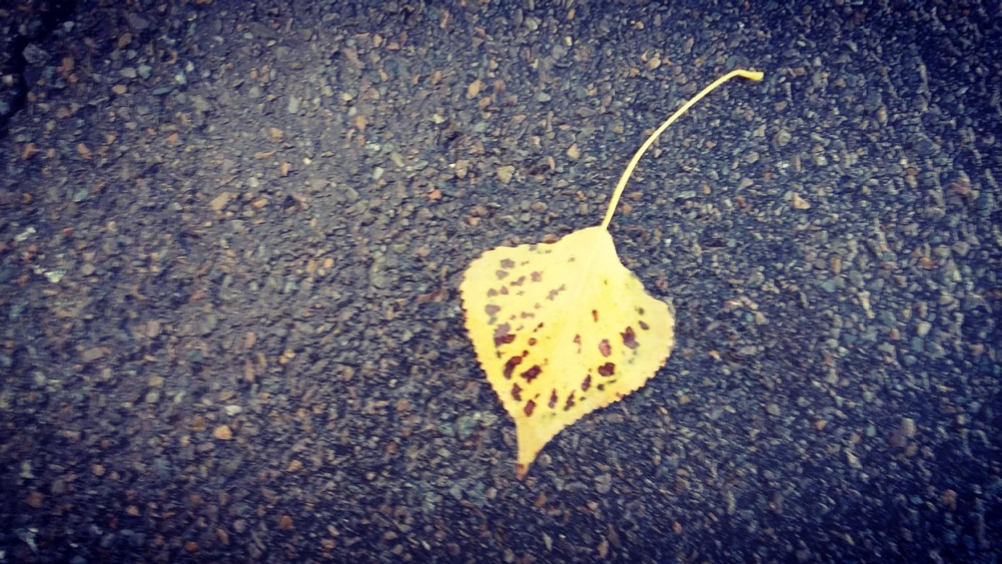Stefaan van Biesen regards the act of walking as a kind of subjective thought process in the urban and natural landscape. He uses the senses and the body as instruments of knowledge, experience and creativity: art as a tool of connection with an ecological approach.
His work I Don’t Remember Me The Rain is a subjective reconstruction of a journey that took place in Sint Niklaas, Belgium, years ago.
Stefaan reflects on his work, and his walk.
I didn’t expect a walk to have such an emotional impact on me. It had been years since I had wandered through these streets in this old city, places that were a part of our childhood and college days. Old pain crept into my mind.
June 17, 2020. Coincidentally, I bump into an old academy friend (E.) and we start talking about the old days. During the conversation he refers to a meeting that once took place, on a Saturday in the early 1980s. He mentions a walk together on a rainy day, far in the past. Friends who then roamed the city. I myself don’t remember much about this event when he tells me about it. Just a few snippets of conversations and anecdotes. But all of a sudden I start to recall vividly how nice and inspiring it was to walk together and share each other’s thoughts and friendship. It especially reminds me of N. That day she gave me a poetry book of Rainer Maria Rilke [1875-1926] to read: ‘Letters to a young poet’. I remember this very well because afterwards I was very impressed by this booklet, this correspondence from Rilke with a novice poet.
I say goodbye to my friend and continue my walk alone to make audio recordings of the city. And then, gradually, with every step I take, memories come back. Voices ring in my head, a smile reveals itself, a sentence is spoken by someone, music is heard from a window. It’s like an old puzzle being put back together. And I am overpowered by a sweet melancholy. I decide to make a reconstruction of that special, almost forgotten day, when we were together carefree in the heart of the city, which seemed to be dozing off.
Summer months of 2020. I receive the news, that two female artist friends (including N.) have stepped out of life, shortly after each other. When I inquire about the circumstances in which they died, it appears that they did not die from Corona. Rather, it turns out to have been an act of desperation due to everything that is determined by Corona: loneliness, no more assignments, isolation, no longer feeling connected to society. This confusing and difficult period that caused them to step out of life, it is very sad news. Due to the corona measures, we are not allowed to attend the funeral.

When I am back in town a few weeks later (because I have been invited to participate in a meeting about the art policy in our region), I decide to make audio recordings afterwards in several places in the city. I still have my trusty Roland GR-50 recorder with me (to interview some participants of the meeting).
While walking through the old streets of this city, again I am confronted with those beautiful but also painful memories. I try to recall this day and stroll along the old familiar places, squares and houses. I register people who walk on by, the city with its own specific sound, its own sonorous identity. The sound of walking in the footsteps of a fleeting past. The search for some connection with what is elusive and has disappeared. Pedestrians pass me, cars stop and look for a parking space. Schoolchildren playing, absorbed in their youthful enthusiasm. Mothers run errands and talk to their children or neighbors. Beloveds, hand in hand. A drunk man stares at me, an old woman struggles with her shopping bag on the sidewalk. Nothing has fundamentally changed in what people do, now and then, at all times. Everything is so timeless and recognizable.
At home I make short sentences that I have heard or still do recall. Words that I record and will use as a kind of minimal, poetic narrative with the fragments of the old conversations that I still have in mind. And although I remember more and more what was said then, there is one thing that has completely escaped me: the rain. I don’t remember anything about the rain. About what my old school friend, (E.), told me when we last met. Way back then, that day, almost forty years ago.
Only words, the images, the great loss, remain…
Stefaan’s reflection is the thirteenth, and last, in a series of the artists shortlisted for the Sound Walk September 2020 Awards talking about their work.


